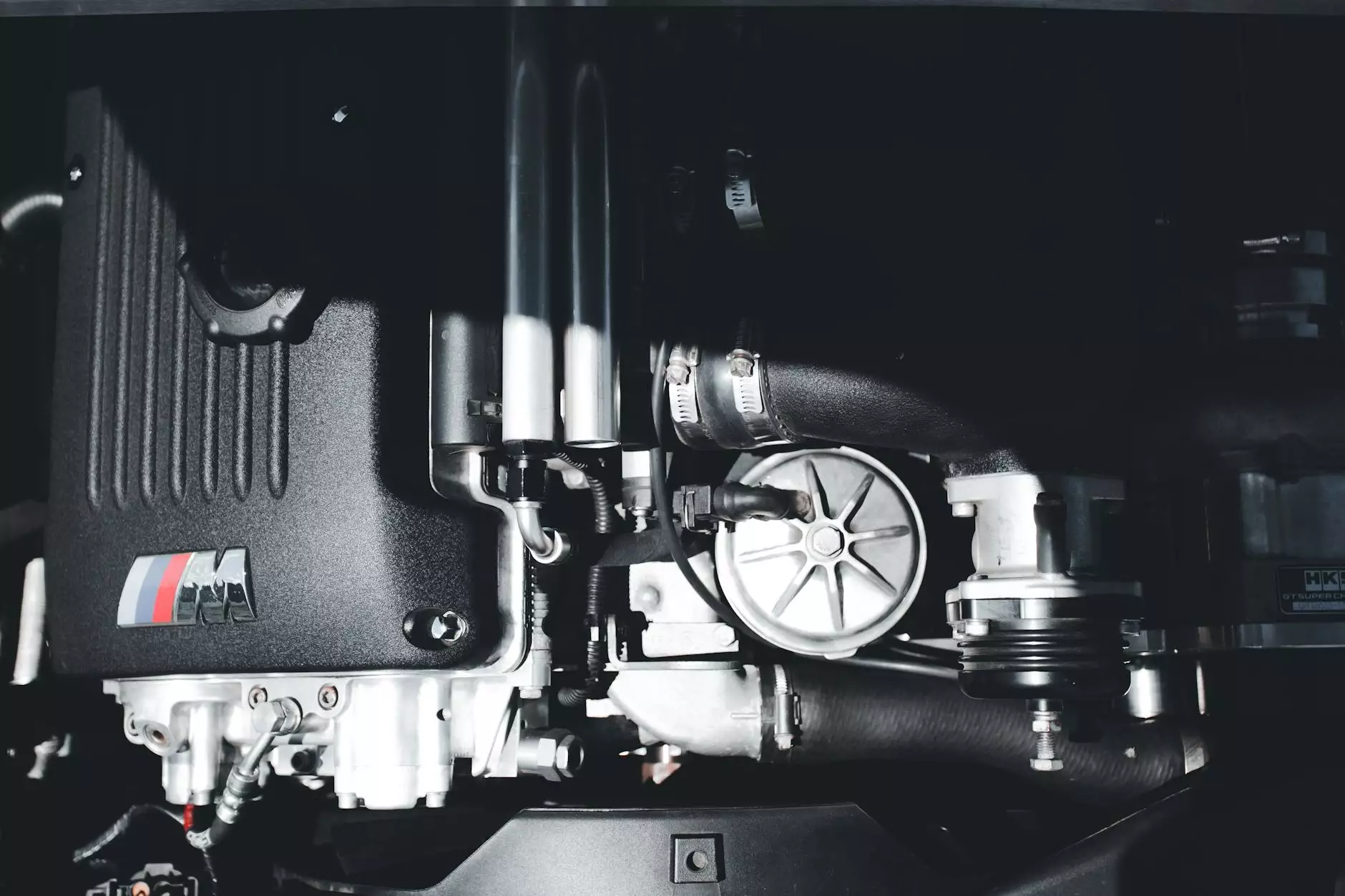Transforming the Automotive Industry: The Business of Car Components

The automotive industry is a dynamic and ever-evolving marketplace, driven by technological advancements, increasing vehicle diversity, and growing consumer demand. At the core of this thriving sector lies the vital segment of car components, which sustains vehicle performance, safety, and reliability. For entrepreneurs, automotive retailers, and industry stakeholders, understanding the intricacies of the car components business is essential for establishing a successful, sustainable, and competitive enterprise.
The Significance of Car Components in the Automotive Ecosystem
Car components are the building blocks of every vehicle, ranging from basic parts like filters and belts to complex assemblies like transmission units and electronic control modules. The importance of these components cannot be overstated, as they directly impact a vehicle's performance, safety, fuel efficiency, and longevity.
The car components industry serves a broad spectrum of customers, including vehicle manufacturers, repair shops, aftermarket suppliers, and individual consumers. This diversity creates a resilient market that offers numerous opportunities for growth and innovation.
Understanding the Business of Car Components: Market Trends and Opportunities
To succeed in the car components domain, businesses must stay ahead of emerging trends and adapt to changing customer needs. Here are some vital market trends shaping the industry:
- Rise of Electric Vehicles (EVs): The shift towards EVs has led to increased demand for specialized components such as batteries, electric motors, and charging interfaces.
- Advanced Driver-Assistance Systems (ADAS): Modern vehicles are equipped with complex safety systems, creating a demand for sensors, cameras, and electronic control units.
- Hybrid and Fuel-Efficient Technologies: Components like catalytic converters, fuel injectors, and turbochargers are continually evolving to improve efficiency.
- Global Supply Chain Optimization: Efficient logistics and inventory management are crucial for providing timely delivery of high-quality components.
- Online Sales and E-Commerce: The digital transformation enables access to a broader customer base, reducing overheads and increasing profit margins.
How to Build a Profitable Business in Car Components
Building a *profitable* business in car components requires a strategic approach encompassing quality assurance, supplier relationships, marketing, and customer service. Here are essential strategies:
1. Focus on Quality and Authenticity
High-quality components are the backbone of customer trust and brand reputation. Partner with reputable manufacturers and suppliers to ensure that every product meets safety standards and durability expectations. Offering certified and genuine parts can set your business apart from competitors distributing counterfeit or low-grade components.
2. Diversify Product Range
A broad catalog covering various car components – from engine parts, suspension components, electrical systems to interior accessories – enhances your market appeal. Cater to different vehicle makes and models, including classic cars, modern electric vehicles, and commercial trucks.
3. Leverage Technology and E-Commerce Platforms
An optimized online storefront enables you to reach customers globally. Use advanced inventory management, detailed product descriptions, real-time stock updates, and customer reviews to improve user experience. Integrating secure payment options and logistics solutions encourages repeat business.
4. Build Strong Supplier and Industry Partnerships
Establishing reliable relationships with suppliers and manufacturers ensures competitive pricing and access to cutting-edge car components. Attending automotive trade shows and industry conferences can provide valuable networking opportunities.
5. Invest in Marketing and Brand Recognition
Use SEO-optimized content, social media marketing, and targeted advertising to enhance brand visibility. Creating educational content related to car components helps establish authority and attracts organic traffic.
Ensuring Quality and Compliance in Car Components Supply
Market success depends heavily on maintaining high standards for product quality and compliance with industry regulations. Quality assurance involves rigorous testing, certifications like ISO and QS standards, and continuous improvement practices. Compliant car components not only protect your brand but also safeguard end consumers and service providers.
An emphasis on genuine parts, adherence to legal requirements, and offering warranties can differentiate your business as a trusted supplier in the highly competitive automotive parts industry.
Importance of Customer Support and Technical Assistance
Exceptional customer service, including technical support for complex car components, enhances client retention. Providing detailed installation guides, troubleshooting assistance, and after-sales support solidifies your reputation as a dependable industry player.
Utilizing Data and Analytics to Drive Business Growth
Employing data analytics allows you to understand market trends, identify best-selling car components, and optimize inventory levels. Customer behavior analysis provides insights into purchasing patterns, enabling personalized marketing strategies that boost sales.
Future Perspectives: Innovations in Car Components Business
The future of the car components industry is promising, driven by innovations such as:
- Smart Components: Integration of IoT technology for real-time diagnostics and predictive maintenance.
- Lightweight Materials: Use of composites and advanced alloys to improve fuel efficiency.
- Recycling and Sustainability: Eco-friendly manufacturing processes and recyclable parts to meet environmental standards.
- Customization and Modular Parts: Growing trend towards personalized vehicle modifications and modular designs for easy upgrades.
Conclusion: Building a Thriving Business in Car Components
In conclusion, the business of car components presents vast opportunities for entrepreneurs and established companies willing to adapt and innovate. Focused on quality, customer satisfaction, and leveraging modern technology, you can position your enterprise for long-term success in this lucrative industry. Embrace trends, forge strategic partnerships, and prioritize the needs of your clientele to outrank competitors and become a leader in the automotive parts market.
Whether you're supplying parts for electric vehicles or traditional combustion engines, continuous learning, quality assurance, and customer-centric practices are essential for maintaining competitiveness and achieving business excellence.









